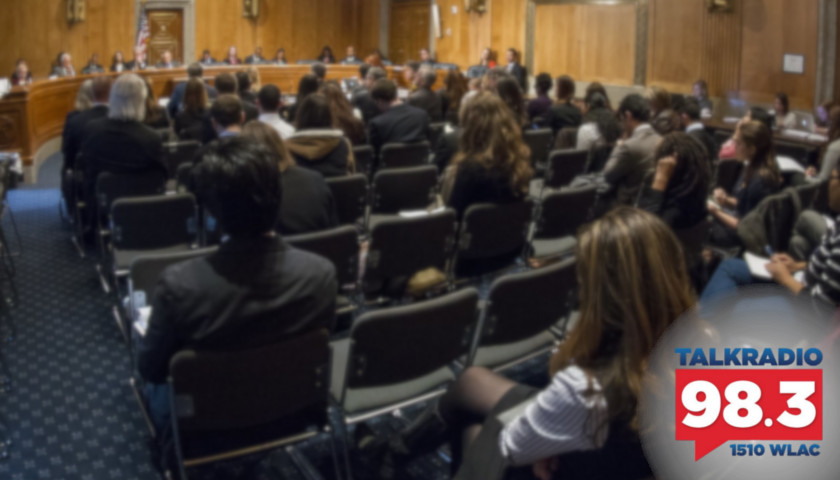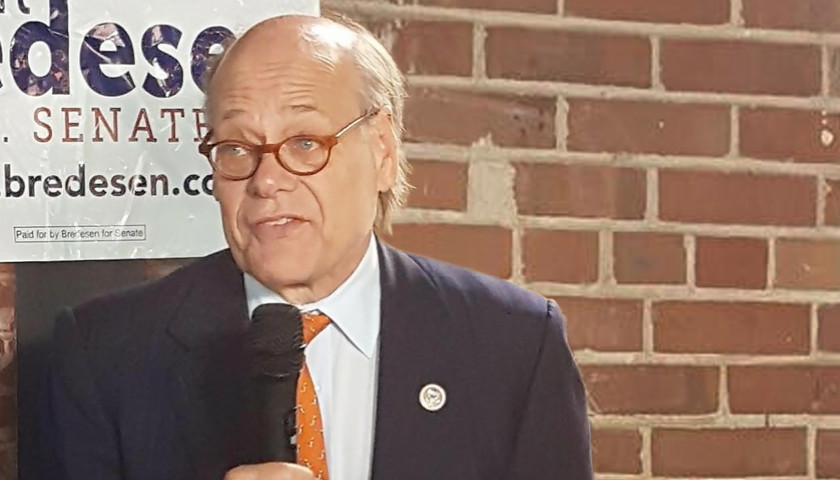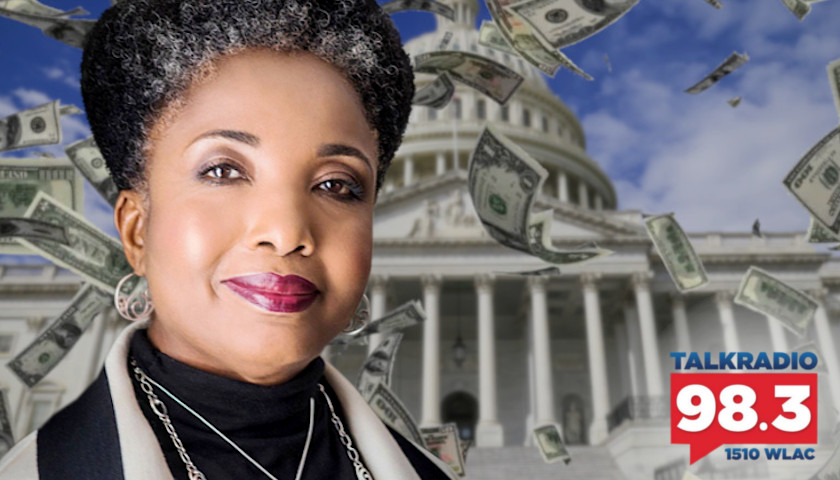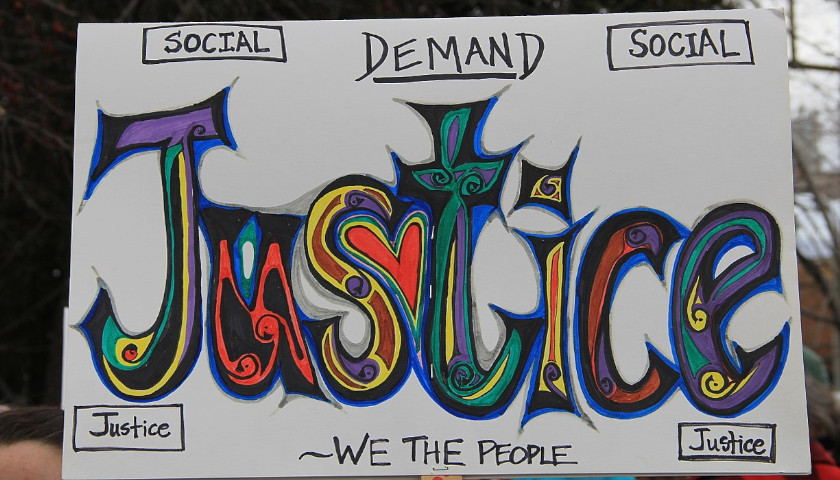Wednesday morning on The Tennessee Star Report, host Leahy welcomed the original all-star panelist Crom Carmichael to the studio for another edition of Crom’s Crommentary.
Read the full storyTag: Slave Reparations
Steve Cohen Says Slave Reparations Legislation Moving Forward in Congress
U.S. Rep. Steve Cohen (D-TN-09) said the U.S. House Judiciary Committee is sending legislation to the floor of the U.S. House that would, if enacted into law, create a commission to study slave reparations for African-Americans. Cohen said this bill, H.R. 40, would create a commission to study the following:
Read the full storyCarol Swain Doesn’t Believe Reparations Helps Race Relations Problems in America
Live from Music Row Thursday morning on The Tennessee Star Report with Michael Patrick Leahy – broadcast on Nashville’s Talk Radio 98.3 and 1510 WLAC weekdays from 5:00 a.m. to 8:00 a.m. – host Leahy welcomed former Vanderbilt University professor and all-star panelist Dr. Carol M. Swain to the studio.
At the top of the third hour, Leahy and Swain discussed reparations and how one could calculate that with many people who are descendants of immigrants from other black countries . Swain added that she didn’t think reparations were the answer and thought it would only worsen race relations in America.
Read the full storyCommentary: Reparations: The Problems with Social Justice Economics
by Doug McCullough Senators Kamala Harris and Elizabeth Warren, as well as former Secretary of Housing and Urban Development Julian Castro, have embraced the idea of reparations for the descendants of slaves as part of their 2020 presidential bids. As Castro said on MSNBC’s Hardball, It is interesting to me that under our Constitution and otherwise, that we compensate people if we take their property. Shouldn’t we compensate people if they were property sanctioned by the state? Writers like Ta-Nehisi Coates have made a sympathetic case for reparations for the crime of slavery: Two hundred fifty years of slavery. Ninety years of Jim Crow. Sixty years of separate but equal. Thirty-five years of racist housing policy. Until we reckon with our compounding moral debts, America will never be whole. You will get no argument from me about the moral repugnance of slavery or racial injustice. But putting reparations in practice today would be challenging… and misguided. Slippery Slope Slavery, lynchings, Jim Crow laws, and all the other injustices that flowed from the hideous institution of slavery are some of the starkest blemishes on American history. Yet some have described the treatment by white settlers of indigenous peoples and the…
Read the full story



